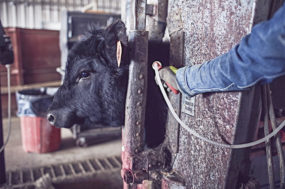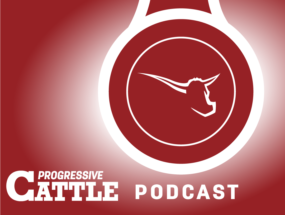As 2023 draws to a close, there is no shortage of agricultural law news to reflect on over the past 365 days. Looking forward to 2024, many of these issues will remain critical issues for many agricultural producers around the country.
WOTUS
Yet again, there was more legal action on the definition of “Waters of the United States” (WOTUS) under the Clean Water Act. In May, the U.S. Supreme Court decided Sackett v. EPA, holding that the “significant nexus” test was not the proper method to determine jurisdiction under the Clean Water Act. Instead, the court held that wetlands are jurisdictional only when they are “as a practical matter indistinguishable from waters of the United States.” In other words, a “continuous surface connection” between the wetland and jurisdictional water is required. Additionally, although dicta, it appears that a majority of the justices also agree that to qualify as a WOTUS, a water must be a “relatively permanent body of water.”
In light of this, the EPA and U.S. Army Corps of Engineers revised the WOTUS definition, publishing a final rule on Sept. 8, 2023, doing away with the significant nexus test, limiting jurisdiction to relatively permanent bodies of water and requiring a continuous surface connection between a jurisdictional water and a wetland to qualify. There are a number of pending lawsuits around the country related to the WOTUS definition, so for another year, the ongoing changes to the WOTUS definition may not be over.
State animal confinement statutes
In May, the U.S. Supreme Court issued a fractured opinion in National Pork Producers Council v. Ross, which upheld the dismissal of a lawsuit challenging the constitutionality of California’s Proposition 12. Proposition 12 was passed by California voters and requires certain animal husbandry practices be undertaken for any pork, eggs and veal to be sold in California. Opponents of the law argued that it was a violation of the dormant commerce clause as it impermissibly allowed California restricted interstate commerce. The U.S. Supreme Court did not agree, and the lawsuit was dismissed, meaning Proposition 12 will stand. Massachusetts has passed a similar law, Question 3, which is currently facing legal challenge. A number of pork farms and processors filed suit in federal court seeking to prohibit the Massachusetts law.
Changes to over-the-counter antibiotic availability
Many producers likely noted that as of June 11, a number of “medically important antimicrobials” are no longer available over-the-counter and, instead, require a prescription from a veterinarian. While the drugs are still available, a producer will be required to establish a patient-veterinarian relationship for the animal and obtain a prescription in order to access affected medications.
Foreign agricultural land ownership
Across the country, state legislatures considered a number of bills related to limiting or prohibiting foreign ownership of agricultural land. As the year began, 14 states had these types of laws on the books. In 2023, 36 state legislatures considered some form of bill that would have limited foreign ag land ownership. Of those, 10 states passed such bills. As a result, nearly half the states in the U.S. have this type of law in place.
Arkansas has taken the first enforcement action under one of these bills, when Gov. Sarah Huckabee Sanders ordered a Chinese-owned company to divest 160 acres of farmland in the state and the Arkansas attorney general imposed a $280,000 fine for failure to disclose this land ownership as required by the Arkansas law.
At least one lawsuit has been filed challenging the legality of these types of laws. In Florida, a group of Chinese citizens and a real estate brokerage firm whose clients are primarily Chinese and Chinese-American have filed suit claiming the law is unconstitutional.









